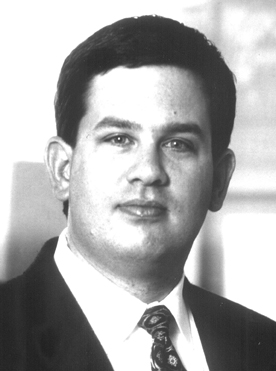
Jarratt Applewhite, Founder, NM Community Capital
Sandy Weill, the billionaire tycoon who built Citigroup into the largest financial institution on the planet, was asked by TV interviewer Charlie Rose how much his net worth had declined during the ongoing credit crunch. Weill said he was probably “25 percent to 30 percent” poorer than he had been six months earlier.
Before you weep for Weill, consider how much “poorer” he would be if he lived in New Mexico and had to do the kind of driving most of us do every day.
But even billionaires aren’t immune when the economy is ailing. Policy wonks and economists can argue endlessly about whether today’s economy meets the definition of a recession, but outside the Beltway it’s clear to most people that these are the roughest financial seas in decades. When our homes, the biggest assets most of us own, are losing value, it’s hard not to worry.
Living in a “flat” world of interdependent nations and economies accentuates the turbulence of global markets. Rising oil prices, falling employment and a weak dollar make most investors nervous enough to seek new ways to protect their capital. Instability creates anxiety, which leads to tightened credit and more restrictive access to debt capital.






